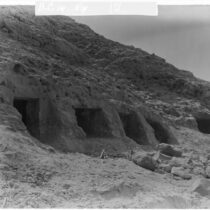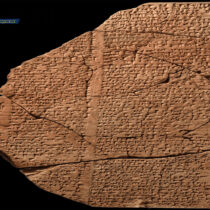The East experienced Hellenism thanks to Alexander the Great. Without him, the Greek word and spirit would not have reached the heart of Asia, the Greek language would not have become the common instrument of the then known universe and the gift of Hellenism that he so enthusiastically offered would not have embraced “so erotically and insurmountably by an attractive and thrilling as ever Asia”. Alexander the Great infused new power into the Asiatic life. The meeting of the Asiatic peoples with the people of the West as well as the cultural exchanges that followed as a natural altermath were for the first time realized in the sixth to fourth centuries BC in the Empire of the Achaemenids. It was to Persepolis that people from all over the Empire sped, while towns in the peripheral provinces, such as Vaktra, Samarkand and Taxila, which were destined to become later important stations of the routes of silk, were connected with roads and developed into meeting points of East and West. The routes of silk date from the first centuries of the Early Christian period. Via these routes, silk and other precious or exotic products from China and India were transferred to the Western world. And via these same routes the bounds of coexistence and the cultural dialogue of the West and East were founded, developed and flourished. The people using these routes towards the West or East followed various land or sea courses which in rather a symbolic way show the close and effective communication of people.
Byzantium and China
07 Aug 2012
by Archaeology Newsroom
- A
- A
- A


